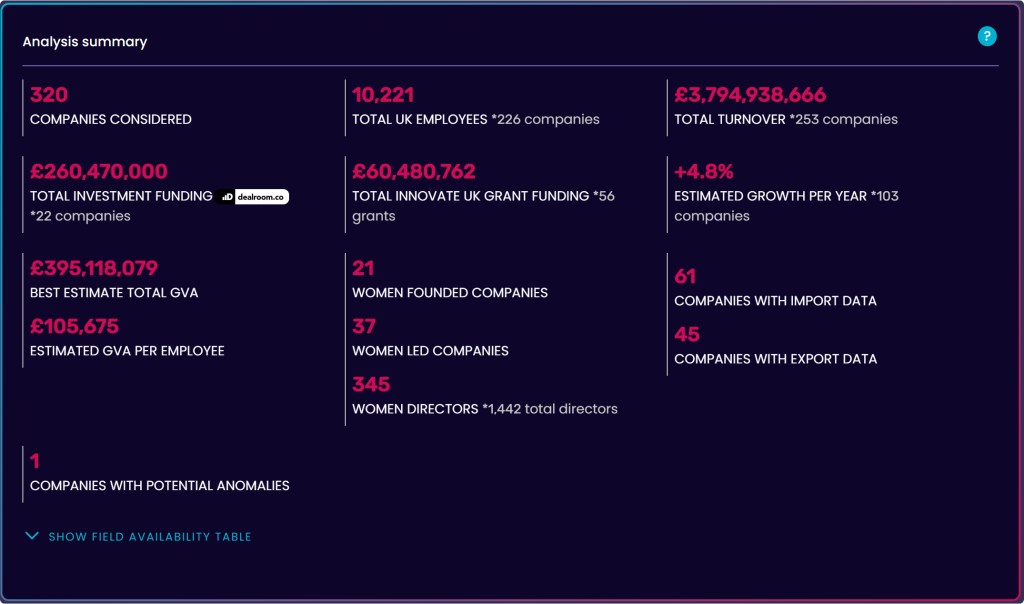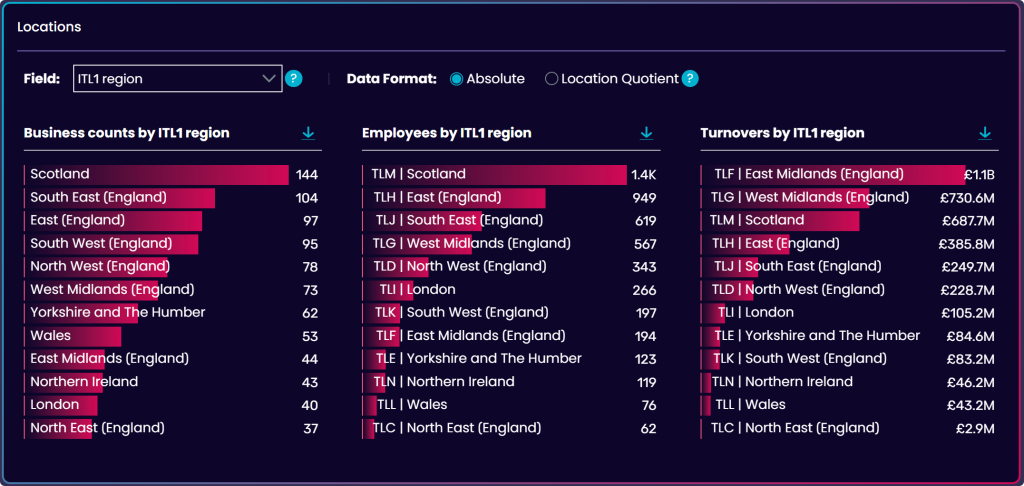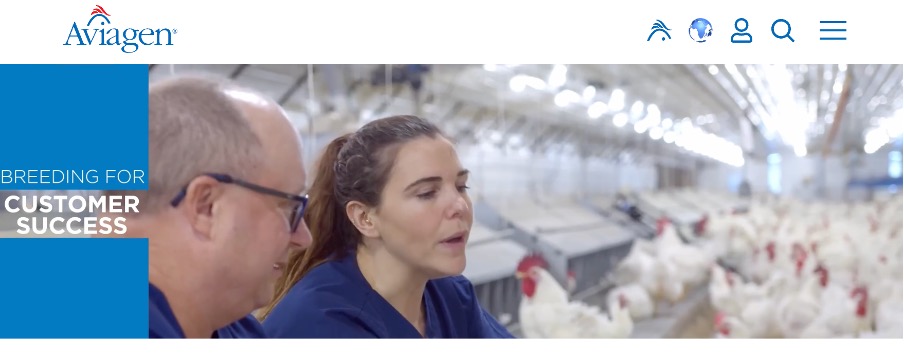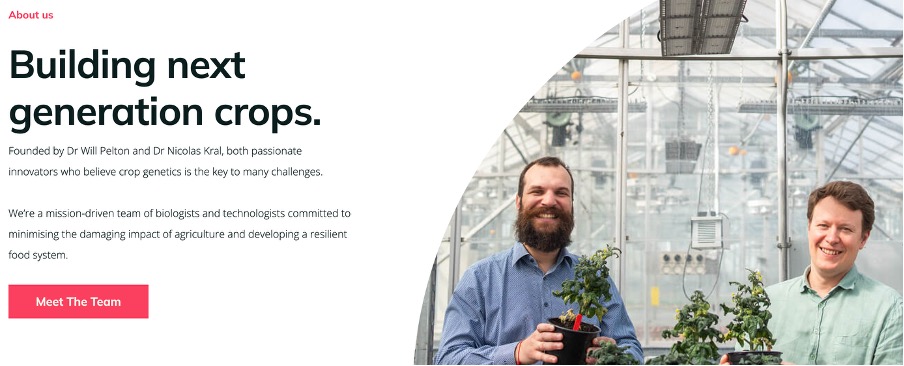Food security is essential. But, with increasing food production costs, worsening climate change, and new pests and disease, the UK food supply chain is in desperate need of innovation. This is where Precision Breeding is important.
‘Precision Breeding’ is using techniques like gene-editing to change the DNA of plants and animals. These techniques introduce more desirable traits to a subject that would typically take decades to develop. Then, these traits can allow crops and livestock to adapt better to their environment. For example, they can tolerate droughts and heat stress, gain resistance to pests and diseases, and so much more.
This why we have partnered with the Department for Environment, Food, and Rural Affairs (DEFRA) to map the UK’s Traditional and Precision Breeding sector for the first time.
Let’s look at this new Real-Time Industrial Classification (RTIC)!
Short on time? You can download our Traditional and Precision Breeding RTIC report here.
What does this RTIC include?
Our RTICs are dynamic. They go beyond the rigid nature of SIC codes and precisely map the nuance and breadth of a sector. And this is especially important for this sector.
This RTIC has multiple dimensions. Firstly, it looks at both traditional and precision breeding. Secondly, it looks at both crops and livestock. On the traditional breeding side, the RTIC includes companies using conventional breeding practices. On the precision breeding side, the RTIC includes companies using and/or developing modern biotechnology for breeding.
So, from cattle societies to biotechnology firms, this RTIC has it all.
RTIC Insights
There are roughly 320 companies in this sector. With more than ~10,000 UK employees, this sector brings in more than £3 billion in turnover. Whilst this sector has an estimated growth per year +13%, it has received only 56 Innovate UK grants, totalling to ~£60 million.
In terms of leadership, 21 companies are women founded and almost ¼ of the sector’s directors are women. On structure, there are 133 companies with 1-9 employees, indicating this sector is in the early stages of its development.

Using jobs and skills data from the Industry Engine, provided by Lightcast, we can see that this sector is hiring predominantly for farm workers, biological scientists, and laboratory technicians. And from these job postings, we see that this sector is actively recruiting for the specialised skills of animal husbandry (animal care) and molecular biology.
Where is this sector located?
Using a wider lens, we can see that this sector is largely based in Scotland, the South East, and East of England.

Focusing in, we see that Lincolnshire ranks first when examining turnover by ITL2 region – this aligns with the understanding of an agricultural technology cluster which envelops Lincolnshire.
Key companies in this sector
Aviagen Limited
Why did the chicken cross the road?
Because Aviagen optimised its traits for both stamina and direction.
At the forefront of poultry genetics, Aviagen is innovating specifically to progress the traits of breeder and broiler chickens (breeder chicken are focused on reproduction whilst broiler chickens are bred for meat production). With a team of geneticists, Aviagen is precisely breeding for traits ranging from egg production to cardiovascular fitness in chickens.

As a large company with more than 500 employees, Aviagen has a best estimate growth per year of +4.1%.
Regarding the sectors this company operates in, their SIC code is too simplistic: ‘01470: Raising of poultry’, And, until now, this company was not classified under any of our RTICs. Like this example and more, this is one of the many reasons why mapping these sectors is so important.
Phytoform Labs LTD
Focusing on platform precision breeding, Phytoform is working to provide resilient and sustainable crops. Using artificial intelligence and genetic editing, Phytoform is accelerating crop evolution to bring forth the next generation of farming.

As an OECD scale-up, this micro company has an incredible estimated growth percentage per year of +53.3%. And, with them receiving numerous public grants and private investments, Phytoform is one of a kind.
A new standard in industrial classification
At The Data City, we are redefining how emerging industries are mapped. With other 500 RTICs available, our platform provides real-time insights into the UK’s most innovative sectors.
The Traditional and Precision Breeding RTIC, in collaboration with DEFRA, offers brand new intelligence for researchers, policymakers, and investors to a sector that has just begun to flourish.
The Traditional and Precision Breeding RTIC is now live on our platform and available to all Data City users!
Want to explore the data? Sign up for a free trial today!


